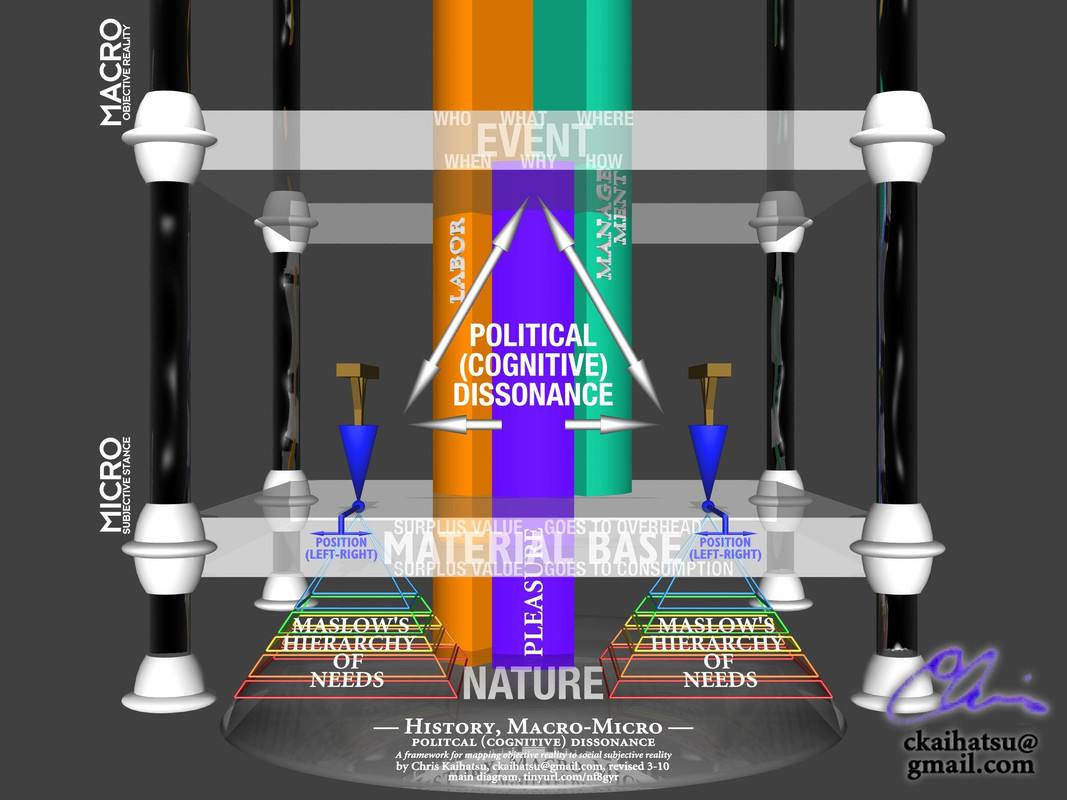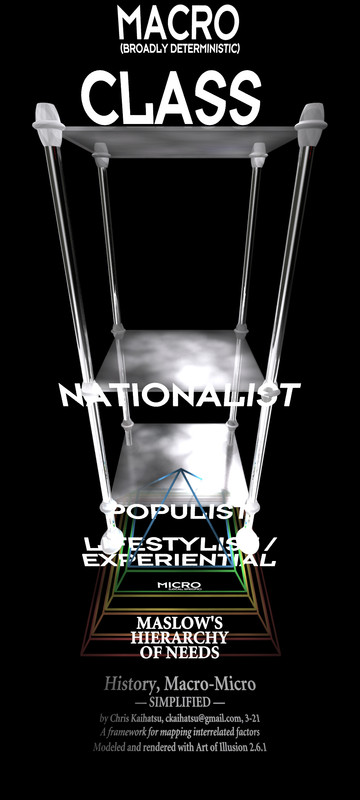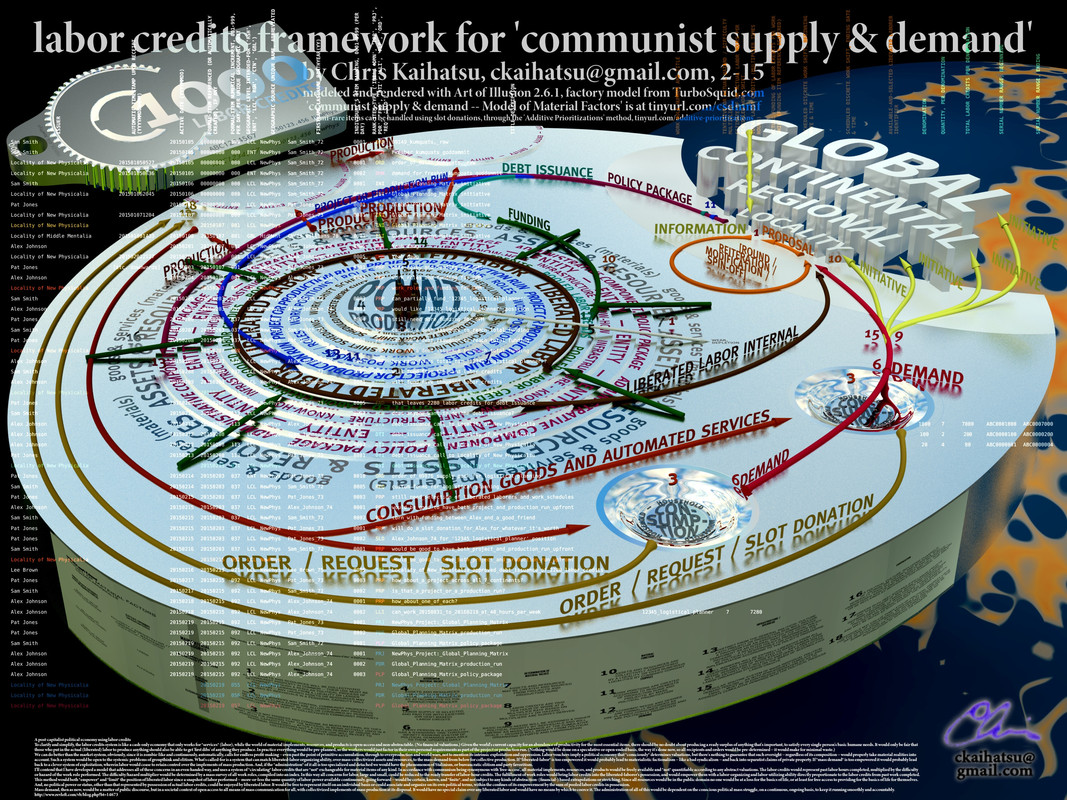- 03 Mar 2023 19:21
#15266950
No, absolutely not.
Without the banks and financial institutions there won't be as much technological progress and progress in the economy because investment would be miniscule. This is what the far leftists don't understand. It was one of the reasons why the USSR collapsed. Channeling money in to productive investments to increase technological growth and productivity growth is very important. The downside of non-stop cost cutting for the financial investment is questionable though that those institutions produce but once again, it is hard to judge in 100% of cases. I would say that usually it is an overreaction while in 30%-40% it is necessary

I do not think that any nation is hopeless to change; however, I think that some nations do require a lot more effort than others to become changed. - Verv
ckaihatsu wrote:I think the larger point here, JR, is that all of that 'banking' and finance and such is all *overhead* for society.
If everyone has to worry and fuss every other day over whether the U.S. interest rate is going to go *up*, or *down*, then that's hardly a self-sustaining political economy for everyone's convenience.
*Several* countries, through no fault of their own (just like individuals), wind up 'underwater' and *dependent* on external financing, just because the system doesn't work the way it "should" -- take a look at Sri Lanka or Pakistan:
---
History, Macro-Micro -- Political (Cognitive) DissonanceSpoiler: show
No, absolutely not.
Without the banks and financial institutions there won't be as much technological progress and progress in the economy because investment would be miniscule. This is what the far leftists don't understand. It was one of the reasons why the USSR collapsed. Channeling money in to productive investments to increase technological growth and productivity growth is very important. The downside of non-stop cost cutting for the financial investment is questionable though that those institutions produce but once again, it is hard to judge in 100% of cases. I would say that usually it is an overreaction while in 30%-40% it is necessary

I do not think that any nation is hopeless to change; however, I think that some nations do require a lot more effort than others to become changed. - Verv
















